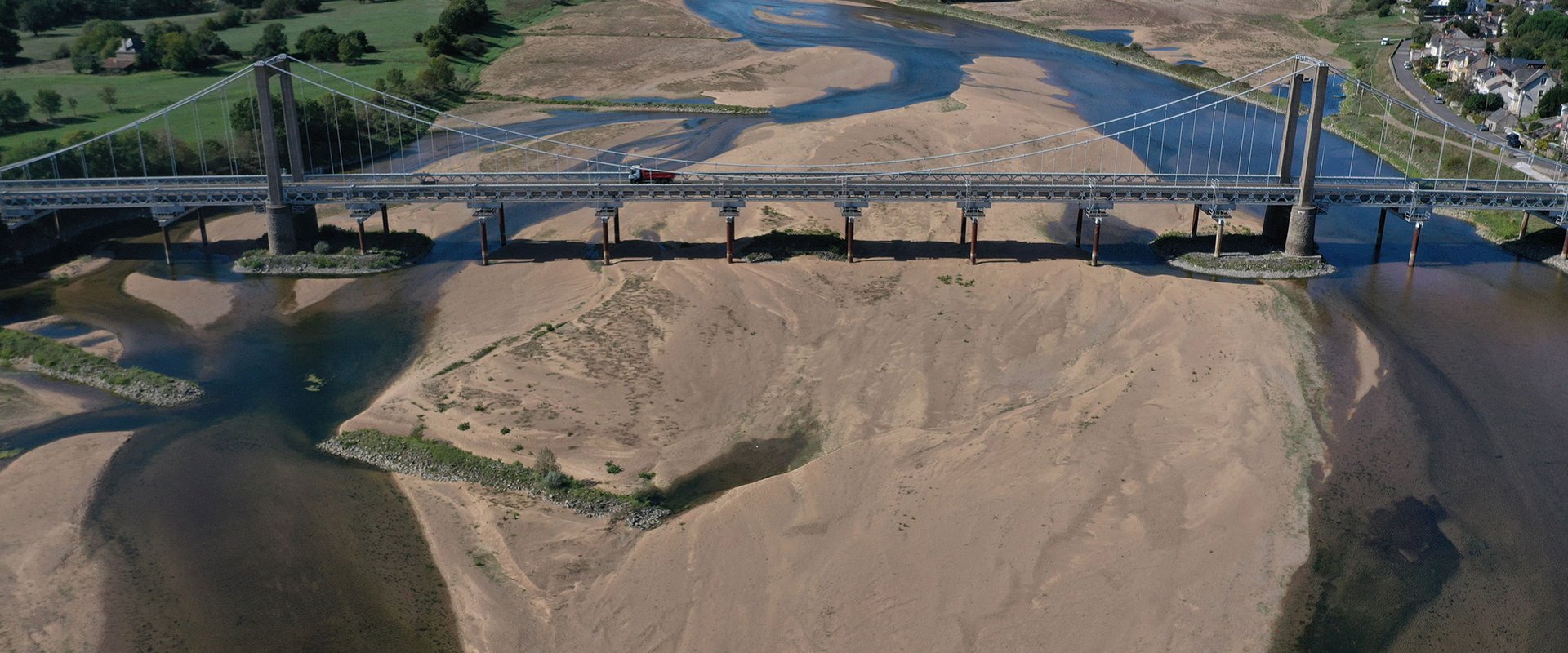Financialization and Water Security: The Ecological Limits of Property

Outline
The project examines the financialization of water management as a "frontier of financialization," where the extension of financial valuations and linkages is contested and uncertain. Building on results from the first funding phase, this "frontier of financialization" is understood as a "frontier of propertization." During the initial funding phase, we demonstrated that housing financialization relies on intensifying a particular dimension of property—its asset form. Crucial to this process is a policy of selectively and hierarchically securing values, liabilities, and future risks. Can we also identify a politically established, selective protection of financial property rights regarding ecosystem services in the case of water security? Or will property rights in land and water be aligned with ecological conditions and subsequently be politically reinterpreted?
The project is dedicated to Europe as a political-ecological space of water security and is divided into three work packages: In the first work package, an emergent governmentality of water security at the programmatic level of European regulation will be explored using the methods of discourse analysis and qualitative expert interviews. The second work package uses a multi-sited ethnography to examine how European water security and "nature-based finance" programs are reflected in specific conflicts over the use and value of land ownership, using the example of moorland protection in Lower Saxony and Scotland. The third project moves to the level of the city and its environs, using Berlin as an example. In order to secure the city's water supply, the hydrological connection with the surrounding area must be reintegrated into water supply planning. In the context of tight public budgets, the financing of the upcoming investments is provided to the financial markets via green bonds. The project uses ethnographic research to explore the contradictory relationship between concerns for hydrological connectivity and the issuance of financialized property rights.
The project aims to consolidate empirical findings around the question of whether and how water security and financialization drive an ecological structural transformation of property. This diagnosis of ecological structural transformation ties into Pierre Charbonnier's thesis, which argues that early modern liberal property thought was inherently oriented toward the spatial-material, hence ecological, conditions of political order — a perspective now largely forgotten. The project explores whether ecology might again become central to property issues in contemporary late-modern society.



